Laying The Foundation For A Resilient Asia

As threats like COVID-19 and climate change sweep our communities, effective communication could spell the difference between mass destruction and staying out of harm’s way. However, in an increasingly crowded media space, useful risk information could easily be buried amid the static and noise. Accordingly, risk communicators are finding it harder to engage users who […]
What is risk know-how?

Risk know-how is about informed decision-making. Every risk entails a trade-off with the benefits and costs of action or inaction, which need to be weighed up to make a decision. Community risk practitioners and risk experts have identified common issues and needs for empowering people to make these decisions. This has been developed through discussions […]
Understanding Risk Asia 2021
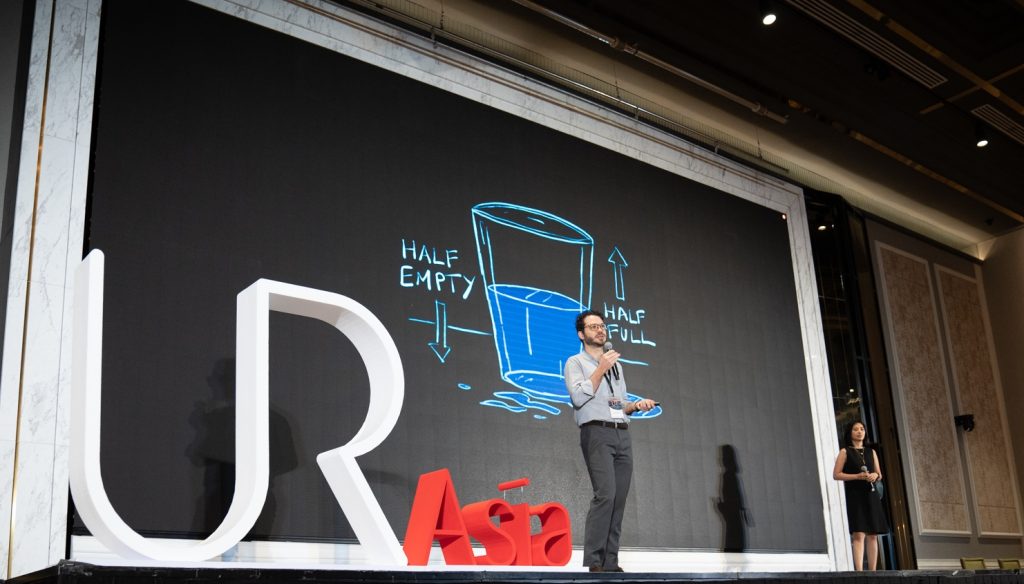
https://www.youtube.com/watch?v=ld9o9u_PCmEhttps://www.youtube.com/watch?v=hyC_AOsXBDwhttps://www.youtube.com/watch?v=nDKt1ad-lzYhttps://www.youtube.com/watch?v=q2FEz_dPyoc After many months of preparation, meetings and planning, Understanding Risk (UR) Asia 2021 finally took place as a hybrid event from 2-3 December at Orchard Hotel. Close to 100 people joined the event in-person with about 1,000 participating online. As was the key objective for UR Asia, many of the riveting and insightful discussions […]
Optigram 2021: Reducing our carbon footprint
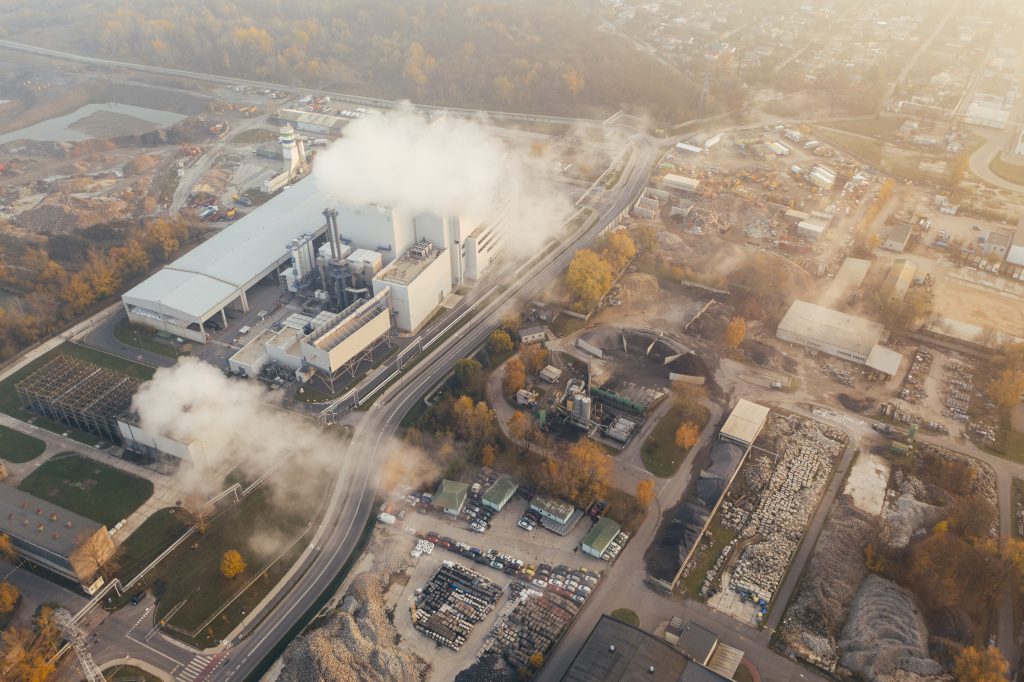
https://www.youtube.com/watch?v=w-mO6n-DucE Congratulations to the 4 teams that won this year’s “Optigram 2021: Climate Change in Asia“! The teams this year were asked to submit proposals for a digital media product (e.g. artwork, videos, website) which visualises scientific data creatively to communicate risks, patterns and trends (e.g. how risk perceptions emerge and evolve). The winning teams were: […]
Inspiring youth to take climate action

We are all now living in a world of environmental degradation and climate change, with many people fearing that the next generation will be the last to make a positive difference on the environment. Led by many youth climate activists and pioneers of their generation such as Greta Thunberg, a good number of young people […]
Fact. Fiction. Fixation. – Communicating risk amidst misinformation
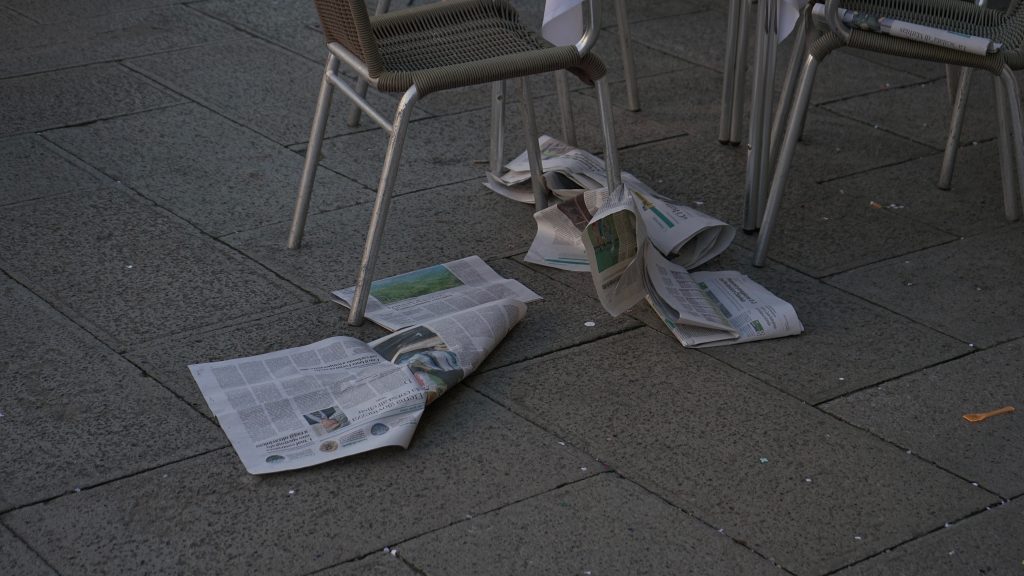
In the last 12 months, the chances are you’ve received misinformation about COVID-19 through your social media accounts or messaging channels such as WhatsApp and WeChat. A study in Singapore found that six in 10 participants received fake news about COVID-19 via social media and that such news had a role to play in triggering […]
Three important projects underway!

The LRF Institute for the Public Understanding of Risk (IPUR) has embarked on three new research projects. Two are in our focus areas of Health and Food Safety, and the other in Environment and Climate. Health and Food Safety The two projects will contribute to COVID-19-related research. The first, led by Dr Vincent Pang, Assistant […]
An app-solute success
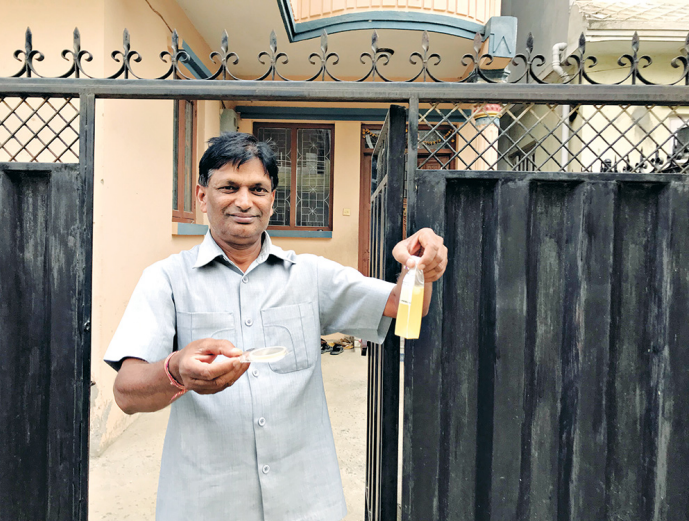
Over five million residents of the Kathmandu Valley in Nepal face a daily struggle to get water. Due to a lack of investment in water supply provision and system maintenance, the water network system of the region — and of the country’s capital which lies within it — has not been able to keep up […]
Stepping up the public understanding of risk
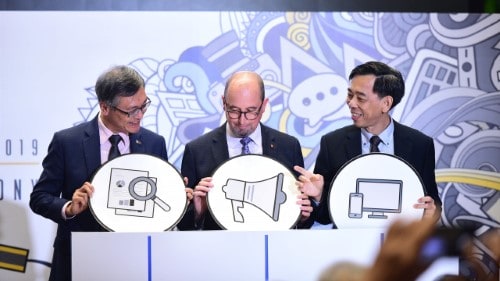
As the world becomes less predictable, we need a better understanding of the perils ahead in order to be more prepared. Aiming to further their mission to better communicate and improve the public understanding of risk, Lloyd’s Register Foundation Institute for Public Understanding of Risk (IPUR) has established partnerships and collaborations with global analytics and […]
Executive Education Programme 2019: Understanding and Communicating Risks
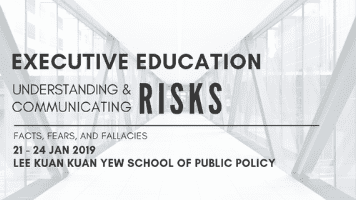
People face risks in their everyday lives. We make decisions that can have an impact on their safety and security, health, finances, well-being, and the environment. But often, our decisions are based less on empirical evidence and objective probabilities, and more on our gut feelings, emotions, and biases. For instance, we are vulnerable to framing […]
